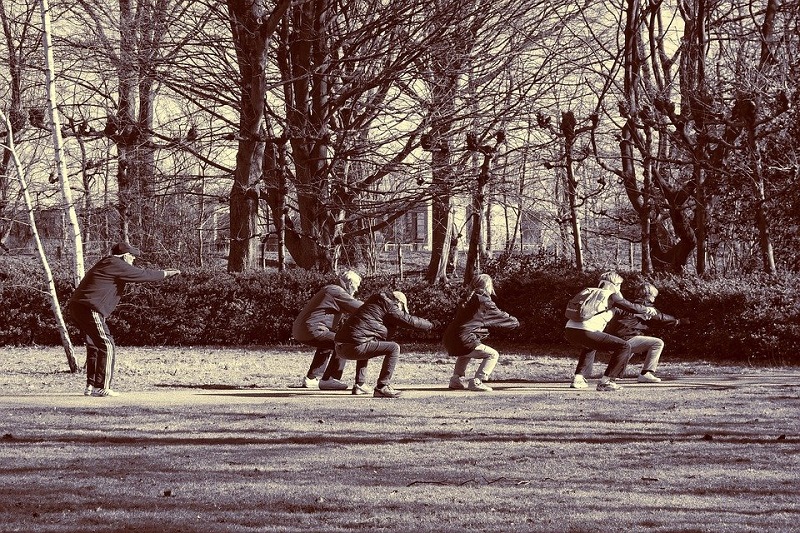Note that your final mark will not be saved in the system.
1.1–1.3 Barriers to user groups (over 60s) GapFill
You must fill all the gaps before clicking ‘Check Answers!’

People who are retired and those who are over 60 share a lot of barriers when it comes to sports participation, and there is a wide range of solutions which apply to both. For this reason – and the fact that most people tend to retire over the age of 60 – they are discussed alongside each other, but it is also important to be mindful of potential differences; for example, many people are forced to retire early due to a debilitating injury, for example. On the other hand, some people may continue to work well past State Pension age. Therefore, it is important to consider context when discussing the barrier they face to participation in sport.
As we age, the physical capacity of our bodies starts to . Many older adults may perceive this as a barrier to sports participation as they are unable to perform the activities that they were once able to, when in fact staying is a key determinant of healthy ageing. That is why it is important to over 60s about the associated physical, mental and social health benefits. Equally, it is important for the of activity to adapt to changing fitness levels; for example, sports providers and fitness centres should include appropriate activity options that are suited to a range of physical fitness levels. Adapted activities that are less physically demanding may include football, golf or weight-bearing activities such as cycling and swimming.As mentioned earlier, some people are forced into retirement well before they reach State Pension age. Therefore, a lack of may become an issue until they reach the age where they can be supported by their pension. However, the full State Pension is currently only £179.60 per week (in 2021), which does not leave a lot of money available after buying food and other necessities. As well as government benefits, many fitness centres offer on gym memberships for senior citizens.
Another potential barrier to participation in older age is a lack of relatable role models. If people were to see news coverage or advertisements of older adults participating in sport, then they might feel to participate themselves. The media plays a significant role in relaying this message to the general public, and an increase in coverage of older adults in sport would help to achieve this. A recent standout example of this was Captain Sir Thomas Moore, more popularly known as Captain Tom, who raised over £32 million for the NHS during the COVID-19 pandemic by walking 100 lengths of his garden to mark his 100th birthday.
An awareness of activity provision in the local area may also be an issue preventing participation in sport in over 60s. Since a lot of promotional material is targeted online, this particularly applies to the older generations, who may be less acquainted with the modern technological age. A viable solution is for targeted promotion to take place, such as at addresses registered to older people to increase the visibility of opportunities.